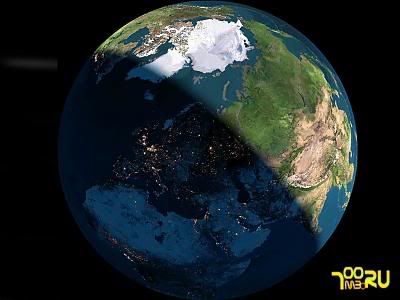Spys like us.

With the recent revelations of spy activity on its own citizens, the spying of UN members just before the US invasion of Iraq is getting attention again. This was all but not reported in U.S. mainstream news then, although it was to be seen on internet.
And then to think that we haven't even talked about commercial or industrial spying yet, which the U.S. has been engaged in for many years. Eschelon, a system in place for years, and other methods were used to monitor all forms of communication as well, and the internet is being monitored, of course.
It would appear that there is little that the U.S. has >not< monitored. This does not speak well of a country who trumpets its "freedoms" and "free trade" so loudly.
For many years, I've been saying that the louder and more often such things are proclaimed, the less of them there actually are.
NSA Spied on U.N. Diplomats in Push for Invasion of Iraq.
Despite all the news accounts and punditry since the New York Times published its Dec. 16 bombshell about the National Security Agency's domestic spying, the media coverage has made virtually no mention of the fact that the Bush administration used the NSA to spy on U.N. diplomats in New York before the invasion of Iraq. That spying had nothing to do with protecting the United States from a terrorist attack. The entire purpose of the NSA surveillance was to help the White House gain leverage, by whatever means possible, for a resolution in the U.N. Security Council to green light an invasion. When that surveillance was exposed nearly three years ago, the mainstream U.S. media winked at Bush's illegal use of the NSA for his Iraq invasion agenda.
Back then, after news of the NSA's targeted spying at the United Nations broke in the British press, major U.S. media outlets gave it only perfunctory coverage -- or, in the case of the New York Times, no coverage at all. Now, while the NSA is in the news spotlight with plenty of retrospective facts, the NSA's spying at the U.N. goes unmentioned: buried in an Orwellian memory hole. A rare exception was a paragraph in a Dec. 20 piece by Patrick Radden Keefe in the online magazine Slate -- which pointedly noted that "the eavesdropping took place in Manhattan and violated the General Convention on the Privileges and Immunities of the United Nations, the Headquarters Agreement for the United Nations, and the Vienna Convention on Diplomatic Relations, all of which the United States has signed."
Read on ....
Rice authorized National Security Agency to spy on UN Security Council in run-up to war....



0 Comments:
Post a Comment
<< Home